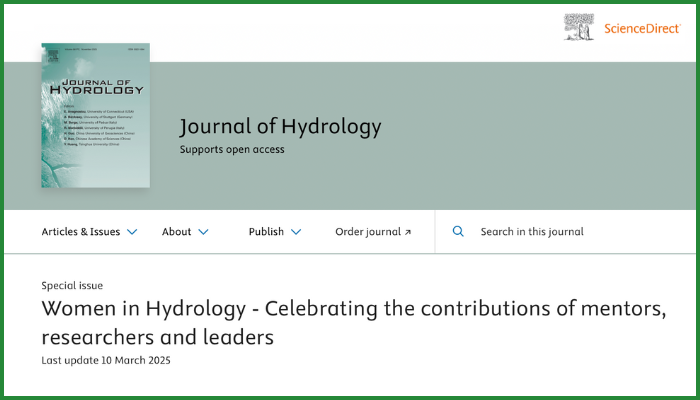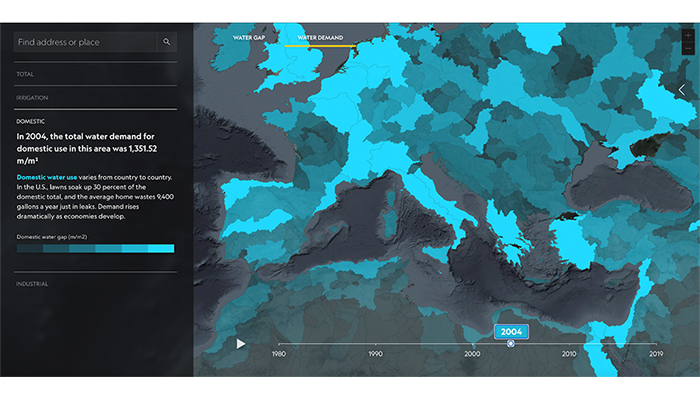Imagine walking through the Swiss capital, Bern, a city full of water. While you walk, a voice from your headphones guides you along the way and tells you interesting facts about the river and other water sites. You discover the Matteschwelle dam, pass by several fountains, visit a historic weather station, and have a closer look at the clear blue water of the Aare River and its old bridges. This ...[Read More]
HydroTalks Podcast: Professor Li Li on data and models, water chemistry, climate change and science communication
Welcome to HydroTalks, the EGU HS division’s podcast series. In this episode, we interviewed Prof. Li Li (Li Li – Penn State), leader of the Li Reactive Water group at Penn State University. We talked about her research on using data and models for hydro-biogeochemical processes, river water quality, climate change, and research communication. Her research sits at the intersection of h ...[Read More]
Women in Hydrology – The Story of a Special Issue
It was 2021, and we were not feeling good. COVID-19 was in full force. Personally we were experiencing lockdown conditions, disruptions to our work, schooling and childcare arrangements. Our social media feeds were lighting up with stories about how women scientists were disproportionately exposed to the negative career impacts of the pandemic. The US was reeling from the aftermath of George F ...[Read More]
Mapping the Future of Freshwater: An Interview with Niko Wanders on the World Water Map Project
Back in 2022, two hydrologists and water resources specialists from University of Utrecht launched the World Water Map in collaboration with the National Geographic Society and ESRI. Based on the outputs of their global hydrological model PCR-GLOBWB, the team of Marc Bierkens and Niko Wanders map global water resources and identify the regions most at risk of water scarcity. The maps combine stat ...[Read More]




